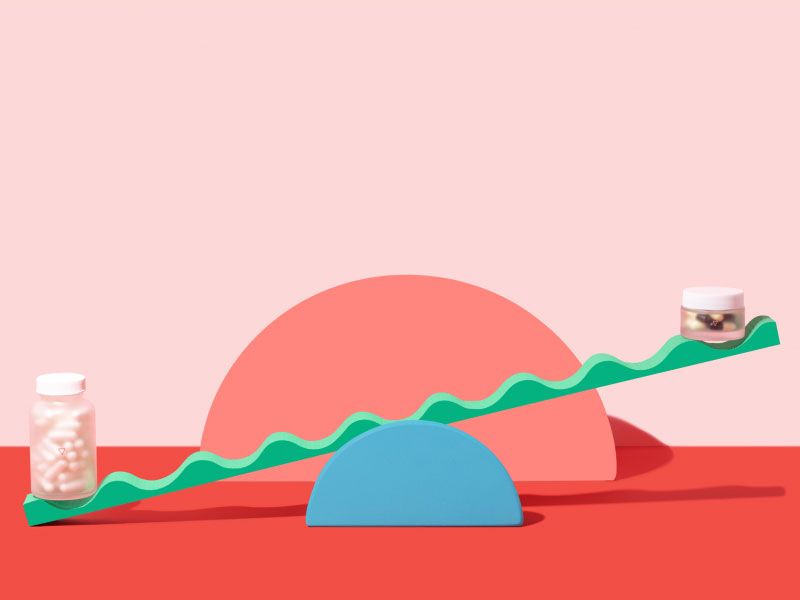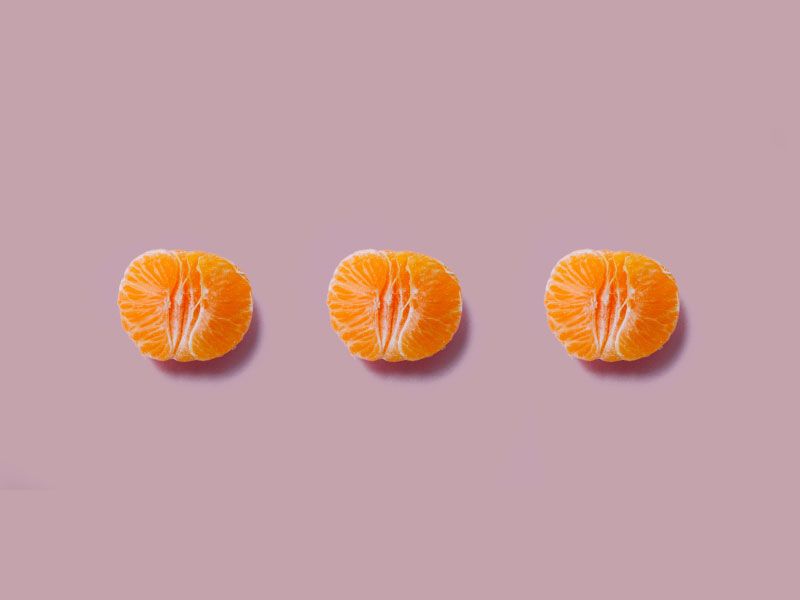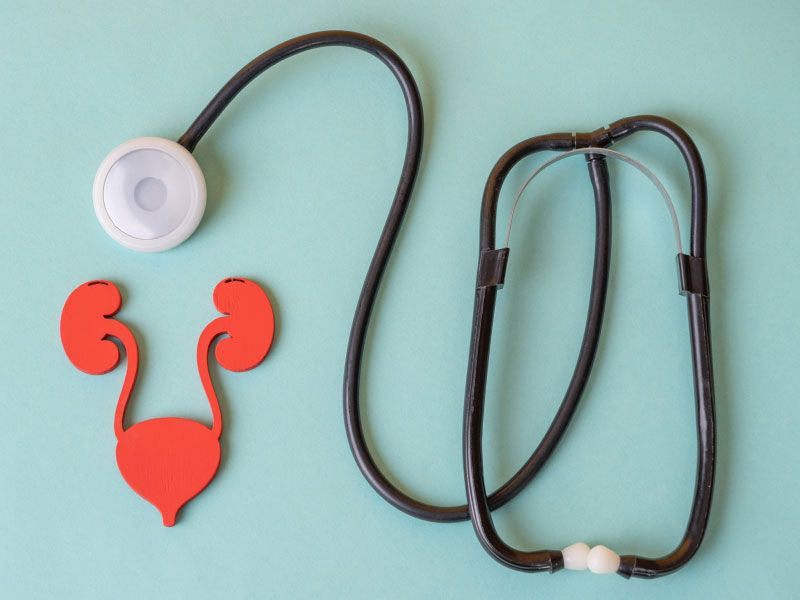
Written by Kathleen Morrison
Medically Reviewed by Andrea Sleeth WHNP-BC, MSCP
Dealing with a UTI can feel like having an uninvited guest that just won’t leave. While UTI antibiotics do the heavy lifting when it comes to clearing the infection, what you eat and drink can also make a difference in how you feel.
Staying hydrated is one of the best ways to help your body flush out bacteria, and being mindful of certain foods may bring extra relief. Small shifts in your diet won’t replace medical treatment, but they can help support your recovery so you can get back to feeling like yourself faster.
Wisp treatment options are available only after consultation with a licensed medical professional. You should consult with your healthcare provider before starting a new supplement or treatment regimen. Individual results may vary.
Understanding UTIs
Urinary tract infections (UTIs) happen when bacteria sneak into the urethra and multiply. If you've ever felt a sudden, urgent need to pee—plus a painful sting when you do—you’re not alone. UTIs are common, but that doesn’t make them any less frustrating. The good news is that there are things you can do (and eat) to help manage your symptoms.
What is a UTI?
A UTI starts when bacteria—usually E. coli—enter the urinary system and multiply. The infection often begins in the urethra or bladder but can move up to the kidneys if left untreated.
While antibiotics are the go-to treatment, staying hydrated, urinating regularly, and being mindful of body chemistry shifts (like changes in hormones or gut health) can also help. UTIs aren’t just about hygiene—things like constipation, sex, and even stress can play a role.
Common UTI Symptoms
If you have a UTI, you might notice:
- A burning sensation when you pee
- A frequent, urgent need to go—even if very little comes out
- Cloudy, dark, or strong-smelling urine
- Cramping or discomfort in the lower belly
- Pressure or a heavy feeling in the pelvis
- Fatigue or feeling generally unwell
If the infection spreads to the kidneys, symptoms can include:
- Fever or chills
- Lower back or side pain
- Nausea or vomiting
When symptoms stick around or get worse, checking in with a provider is the best next step. Catching a UTI early can help you feel better faster so you can get back to doing you.
Foods to Skip
Some foods can stir up bladder irritation when you're dealing with a UTI. They might worsen symptoms like that burning sensation or have you running to the bathroom more often. While food alone won’t clear up an infection, knowing what to skip can help ease symptoms and give your body space to recover.
Acidic foods
- Citrus fruits like oranges, lemons, and grapefruits can make the bladder extra sensitive and bump up your UTI risk.
- Tomato-based foods, including pasta sauces and salsas, may trigger discomfort.
- Swapping in milder options—like bananas or cooked veggies—can help create a calmer healing environment.
Spicy foods
- Hot peppers, chili powder, and fiery curries can also irritate the bladder.
- Some people notice a stronger urge to pee when they eat extra-spicy meals.
- Sticking to gentler seasonings while you’re healing can make things feel a little easier.
Caffeine and carbonated beverages
- Coffee, black tea, soda, and energy drinks may overstimulate the bladder, leading to more frequent trips to the bathroom.
- Caffeine can also pull water out of your system, which isn't ideal when fighting an infection.
- Swapping in water or herbal tea can help keep things balanced.
Alcohol
- Alcohol is another serious bladder irritant. It can dehydrate the body and make it harder to flush out bacteria.
- Cutting back while recovering may help ease discomfort and support healing.
Sugary foods and drinks
- High-sugar treats—like candy, pastries, and soda—may feed harmful bacteria in the urinary tract.
- Aiming for low-sugar snacks and drinks can help keep the bladder feeling its best.
Making a few swaps while your body heals can go a long way in helping you feel more comfortable. And if symptoms still stick around? A quick chat with a provider can get you back on track.
Foods that May Help Ease UTI Symptoms
When you're dealing with a UTI, certain foods can help your body feel more supported. It's not just about drinking more water—some nutrients can help maintain balance in your urinary system and keep you feeling your best. Here are a few go-to options that might bring some relief.
Hydration
- Drinking plenty of fluids helps move bacteria out of the urinary tract before they can settle in.
- Water is the easiest choice, but herbal teas and naturally flavored water can keep things interesting.
- A good rule of thumb: drink enough so your urine stays light-colored.
- Staying hydrated may help calm irritation in the bladder, which means fewer uncomfortable bathroom trips.
Probiotics and Fermented Foods
- Foods like yogurt with active cultures, kefir, kimchi, and sauerkraut can help support a balanced microbiome.
- A healthy mix of good bacteria in the gut and urinary tract makes it harder for unwanted germs to take hold.
- Choosing unsweetened options is key—added sugar can feed the bacteria you’re trying to clear out. Keep in mind that even artificial sweeteners aren't the best idea when you have a UTI.
Fresh Fruits and Vegetables
- Water-rich produce like cucumbers, watermelon, and leafy greens can help increase your fluid intake and get you extra hydrated.
- Blueberries contain compounds that may help stop bacteria from sticking to the urinary tract.
- Unsweetened cranberry juice or cranberry supplements are another helpful addition.
- Tossing these into smoothies, salads, or snacks is an easy way to add a little extra support to your bladder health
Making small, mindful choices while your body heals can help you feel more comfortable—and if symptoms aren’t budging, connecting with a provider can get you the care you need fast.
Other Things to Consider
Diet isn’t the only factor when it comes to UTIs—small lifestyle tweaks can give your urinary health even more support. From hygiene habits to stress management, these simple changes can help you feel more comfortable while your body heals. Urinating often, wearing loose clothing, and paying attention to any new or lingering symptoms are all helpful steps.
Healthy Hygiene
Keeping things clean without overdoing it can help maintain your body’s natural balance. Fragrance-free soap and warm water are usually enough—harsh cleansers or douches can be irritating.
Wiping from front to back also helps keep bacteria from reaching the urethra. Breathable cotton underwear and loose-fitting clothes can limit moisture buildup, making it harder for bacteria to thrive.
Some people also find that peeing before and after sex helps flush out germs that could otherwise linger in the urinary tract.
Supporting Your Body’s Natural Defenses
Your body works hard to fight off infections, and a few simple habits can help give it a boost. Staying hydrated helps flush out bacteria, while a balanced diet packed with vitamins and probiotics supports immune function. Managing stress is also key—high stress levels can trigger symptoms, throw off your body's balance, and make healing take longer.
Getting enough sleep, moving your body, and finding moments of relaxation can all make a difference in how you feel.
When to Seek Medical Help
Sometimes, a UTI needs more than at-home care. Fever, chills, or noticeable blood in the urine can be signs that the infection is getting worse. Back or side pain might mean the bacteria have traveled further into the urinary tract.
If symptoms won’t go away or keep coming back, it’s a good idea to check in with a provider. When a UTI sticks around too long, it can lead to bigger issues, so if something feels off, trust your gut—early action can make recovery easier.
Lending Your Body a Hand in UTI Recovery
Prescription UTI treatment is essential, but eating a healthy diet and making bladder-friendly food choices is another great way to support your body while it fights off an infection. Staying hydrated, listening to your body, and making small tweaks—like swapping sugary drinks for water or choosing milder foods—can all help you feel more comfortable while you heal.
And if you ever need extra support, Wisp makes it easy to get fast, discreet prescription care so you can handle UTIs with confidence.
This blog post is for informational and educational purposes only and should not be taken as professional advice. Always consult with a qualified professional before making any decisions based on the information provided here.



